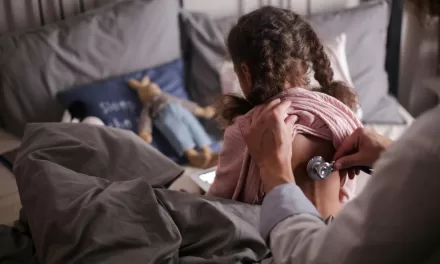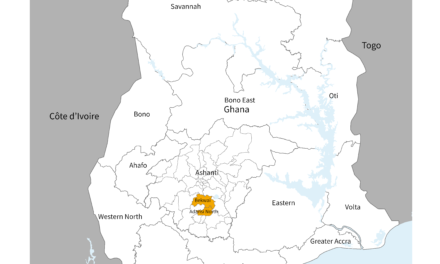The Kinsey Institute at Indiana University, in collaboration with the Lovehoney Group and its Womanizer brand, has unveiled early findings from a groundbreaking survey on menopause. The national survey, which included a total of 3,000 participants across two phases, highlights critical gaps in menopause knowledge, symptom management, and medical care engagement among Americans.
Phase 1: Public Understanding of Menopause
The first phase of the survey, involving 1,500 American adults aged 18-88, assessed general public knowledge of menopause. While a significant majority (75.1%) accurately defined menopause as the permanent cessation of menstrual cycles, there were notable deficiencies in identifying its symptoms. For instance, only 13% recognized concentration or memory difficulties as symptoms, 14.1% identified bladder issues or incontinence, and 27.9% were aware of sleep changes. Even the widely recognized symptom of hot flashes was identified by less than two-thirds (59.4%) of respondents.
Phase 2: Women’s Experiences with Menopause
The second phase surveyed 1,500 women aged 40-65 to delve into their personal experiences with menopause. The findings reveal that 36.2% of women experienced symptom relief through masturbation. However, only 10% currently use self-pleasure as a primary management tool. Encouragingly, nearly half (46%) expressed willingness to try masturbation for symptom relief if recommended by a healthcare provider.
Dr. Cynthia Graham, Senior Scientist at the Kinsey Institute, emphasizes the importance of integrating self-pleasure into menopause care. “This survey shows that self-pleasure offers an effective, accessible tool for menopausal symptom relief, which should be incorporated into existing care strategies.”
Conversations with Healthcare Providers
The survey also uncovered a notable gap in discussions between women and healthcare providers regarding menopause. Only 44% of respondents had discussed menopause with their healthcare provider, and a mere 5% had received suggestions to consider masturbation as a symptom management strategy. Verena Singmann, Head of Pleasure Advocacy at Lovehoney Group, advocates for greater openness in menopause care. “There’s no reason masturbation should remain a secret in menopause care. Women deserve to know all their options for managing menopause.”
Reducing Racial Disparities
The survey also highlighted racial disparities in menopause knowledge. White women had the highest correct response rate (55%), followed by Asian women (42%), Hispanic women (37%), and Black women (35%). This disparity underscores the need for targeted education and resources to ensure equitable access to menopause information. Dr. Shamyra Howard, an AASECT-certified sex therapist, calls for increased awareness and education. “Destigmatizing menopause and masturbation is crucial, especially for women of color who face greater barriers to accessing comprehensive menopause education.”
Next Steps
To address these gaps, Kinsey Institute researchers Dr. Cynthia Graham and Dr. Justin Lehmiller will conduct a two-day continuing education workshop with the Sexual Health Alliance, focusing on practical strategies for improving menopause care. Additionally, Womanizer will host educational public pop-ups with Dr. Shamyra Howard in U.S. cities with significant populations of people of color throughout September and October.
This survey marks a significant step toward enhancing menopause care and empowering women with the knowledge and tools they need to manage their health effectively.












